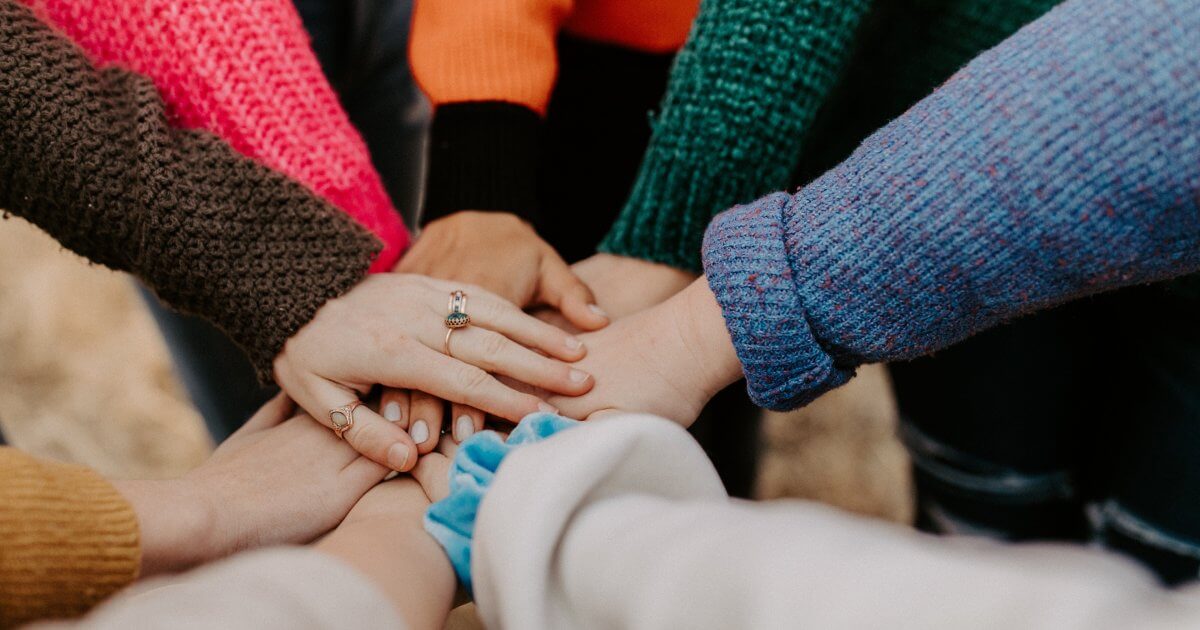COVID-19 & Cancer
- A recent study examined death rates in COVID-19 patients with a history of cancer in comparison to COVID-19 patients without a history in order to see if there is increased risk.
- Researchers found that having active cancer or being a cancer survivor did not increase the chances of death from COVID-19.
- The study found that cancer patients actually had better outcomes in some scenarios including fewer ICU admissions and intubations.
In a new study, researchers found evidence that may suggest COVID-19 patients battling cancer may not be at increased risk of death compared to those without cancer.
Read MoreSome oncologists have opted for more conservative cancer treatment due to limited resources and concerns regarding the effect of COVID-19 on cancer patients. The researchers suggest reconsidering that approach. “Given our finding that systemic cancer treatment may not adversely impact outcomes, withholding systemic cancer therapy, and refusing scarce resources to cancer patients may not be warranted. Further, cancer survivors can be reassured that their risks do not appear to be substantially higher by virtue of their cancer history,” the report states.
The study found that cancer patients actually had better outcomes in some scenarios. “Interventions such as ICU admission and
intubation were less common in cancer patients, which might be due to either less severe disease or less aggressive care. Severe complications of COVID-19 (ARDS, shock, and renal failure) were also less common in patients with cancer
than without cancer,” the report states.
Dr. Brieze Keeley Bell breaks down how cancer patients can stay safe during the coronavirus pandemic
Cancer Care During COVID-19
This study is likely to make those battling cancer feel a bit more reassured during this uncertain time. Prior to this study, it was widely assumed that cancer patients would be at increased risk of health complications due to their immune systems being compromised during treatment. However, a study published in Nature Cancer in March found that cancer patients with COVID-19 actually had a similar immune response to those without cancer.
Related: How Are Hospitals Handling Ovarian Cancer Treatment During COVID-19?
The beginning of the pandemic forced elective surgeries to be delayed and tele-health to be prioritized. However, doctors quickly adapted to changing guidelines and protocols in order to keep cancer patients and staff safe. In order to make sure a patients’ cancer did not spread or advance, doctors would work with them in order to determine whether surgery could be delayed and they can be given chemotherapy first.
“What we’re seeing now is, we’re in our recovery phase,” Dr. Heidi Gray, gynecologic oncologist at Seattle Cancer Care Alliance, told SurvivorNet in a previous interview. “And definitely, even over the last few weeks, I’ve seen more and more patients come in that I think were delaying or waiting to get care. So we’re really trying to get those patients in very quickly, get them safely to surgery, and get the care they need.”
Dr. Heidi Gray explains how hospitals are adapting to COVID-19 protocols
Learn more about SurvivorNet's rigorous medical review process.


